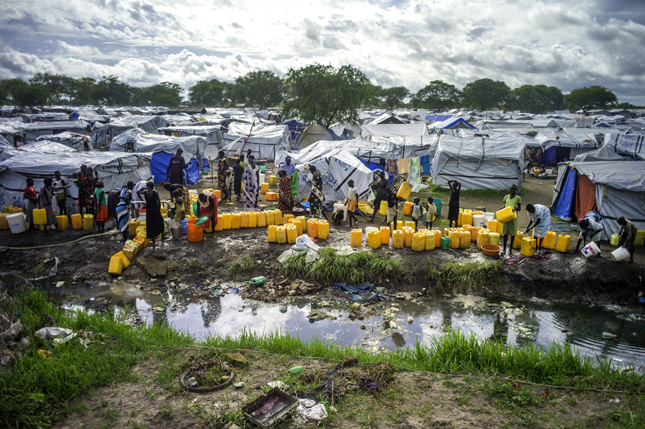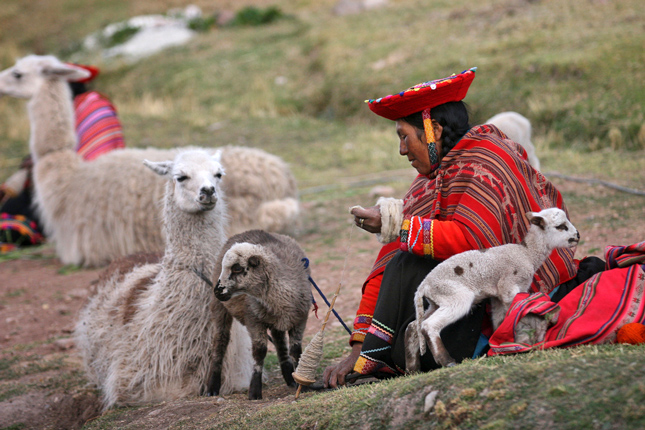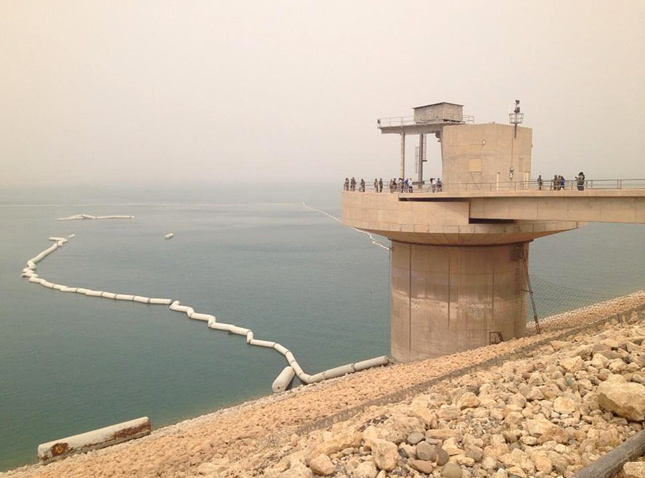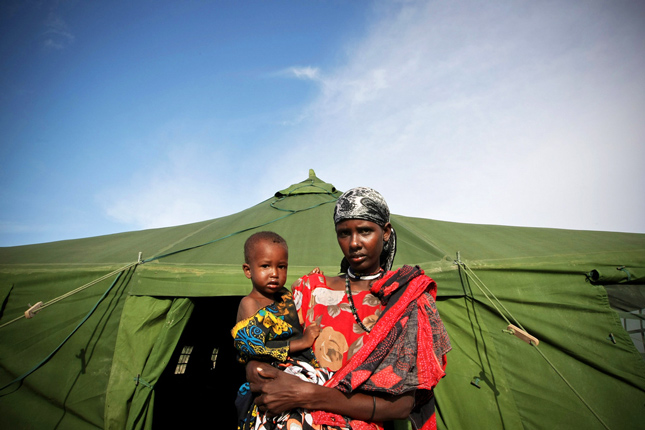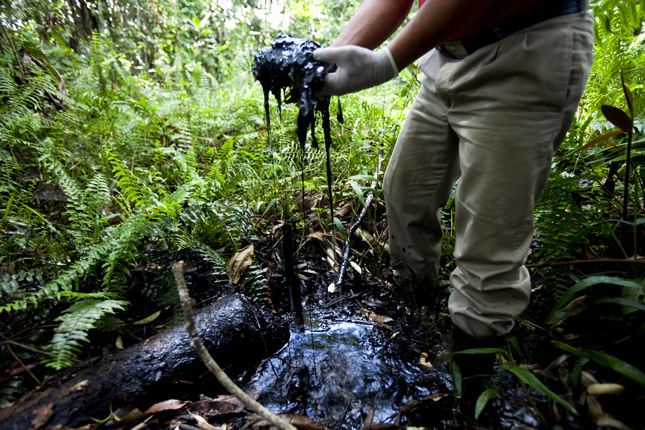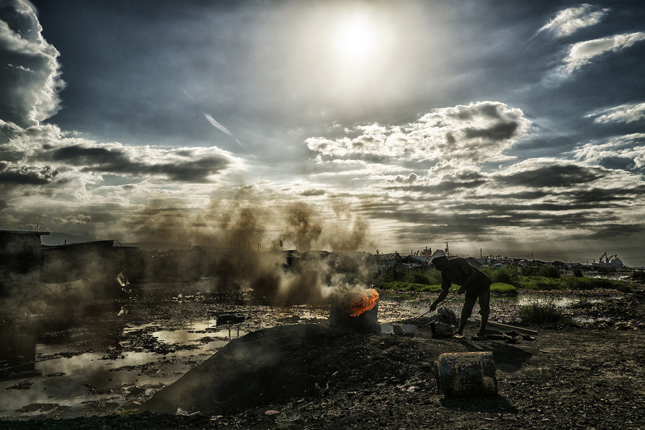-
What Can the Environmental Community Learn From the Military? Interview With Chad Briggs on Scenario Planning
›September 8, 2014 // By Moses Jackson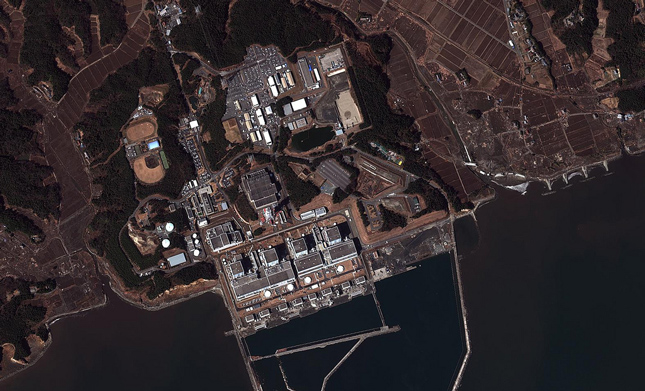
Is it possible to prepare for the unexpected? Could anyone have foreseen, for instance, a nuclear meltdown triggered by an earthquake-induced tsunami? Or a brutal band of transnational militants quickly capturing Iraq’s largest dam while attempting to establish a new Islamic caliphate? Perhaps not exactly, but that shouldn’t stop us from anticipating unlikely events, says Chad Briggs, a risk assessment expert and strategy director of consulting firm GlobalInt.
-
Opportunity Costs: Evidence Suggests Variability, Not Scarcity, Primary Driver of Water Conflict
›
Nearly 1 billion people lack reliable access to clean drinking water today. A report by the Water Resources Group projects that by 2030 annual global freshwater needs will reach 6.9 trillion cubic meters – 64 percent more than the existing accessible, reliable, and sustainable supply. This forecast, while alarming, likely understates the magnitude of tomorrow’s water challenge, as it does not account for the impacts of climate change.
-
Jacob Glass, PassBlue
New Investment Law in Peru Undermines Rights of Indigenous Women
›August 22, 2014 // By Wilson Center Staff
A new law in Peru encouraging investment in the country’s extractive industries has reignited debate on the lack of power indigenous women have in the mostly rural societies where they often live. The International Indigenous Women’s Forum, which drew more than 60 native women from across the world to Peru last month, highlighted this important issue.
-
What Can Iraq’s Fight Over the Mosul Dam Tell Us About Water Security?
›The fight for control over “the most dangerous dam in the world” is raging.
Since its capture by Islamic State (IS) militants on August 7 and subsequent attempts by Iraqi government and Kurdish forces to take it back, Iraq’s Mosul Dam has been one of the central components of the government’s surprising and rapid collapse in the country’s northern and western provinces. In fact, one might see the capture of the Mosul Dam as the moment IS ascended from a dangerous insurgent group to an existential threat to Iraq as a state.
-
Somali Refugees Show How Conflict, Gender, Environmental Scarcity Become Entwined
›
Under international law, someone who flees their country because of conflict or persecution is a refugee, but someone who flees because of inability to meet their basic household needs is not. In the case of Somalia, it is increasingly difficult to make any meaningful distinction between the two.
-
Book Review: ‘Oil Sparks in the Amazon: Local Conflicts, Indigenous Populations, and Natural Resources’
›August 18, 2014 // By Roger-Mark De Souza
Since the early 1990s, the rising price of crude oil and other key natural resources – and the resulting drive by governments and private companies to extract those resources – has led to sharp conflicts in Latin America. At the core of these disputes is the clash between national economic interest and the rights of indigenous people inhabiting the land where most natural resources are located.
-
Alissa J. Rubin and Tim Arango, The New York Times
Rebels Capture Iraq’s Largest Dam
›August 8, 2014 // By Wilson Center StaffSunni militants captured the Mosul dam, the largest in Iraq, on Thursday as their advances in the country’s north created an onslaught of refugees and set off fearful rumors in Erbil, the Kurdish regional capital.
-
Melinda Harm Benson and Robin K. Craig, Ensia
The End of Sustainability?
›July 30, 2014 // By Wilson Center Staff
The time has come for us to collectively reexamine – and ultimately move past – the concept of sustainability. The continued invocation of sustainability in policy discussions ignores the emerging realities of the Anthropocene, which is creating a world characterized by extreme complexity, radical uncertainty, and unprecedented change. From a policy perspective, we must face the impossibility of even defining – let alone pursuing – a goal of “sustainability” in such a world. It’s not that sustainability is a bad idea. The question is whether the concept of sustainability is still useful as an environmental governance framework.
Showing posts from category natural resources.


